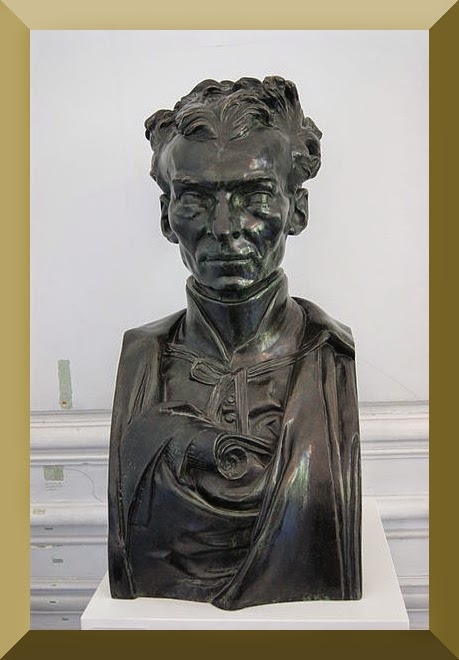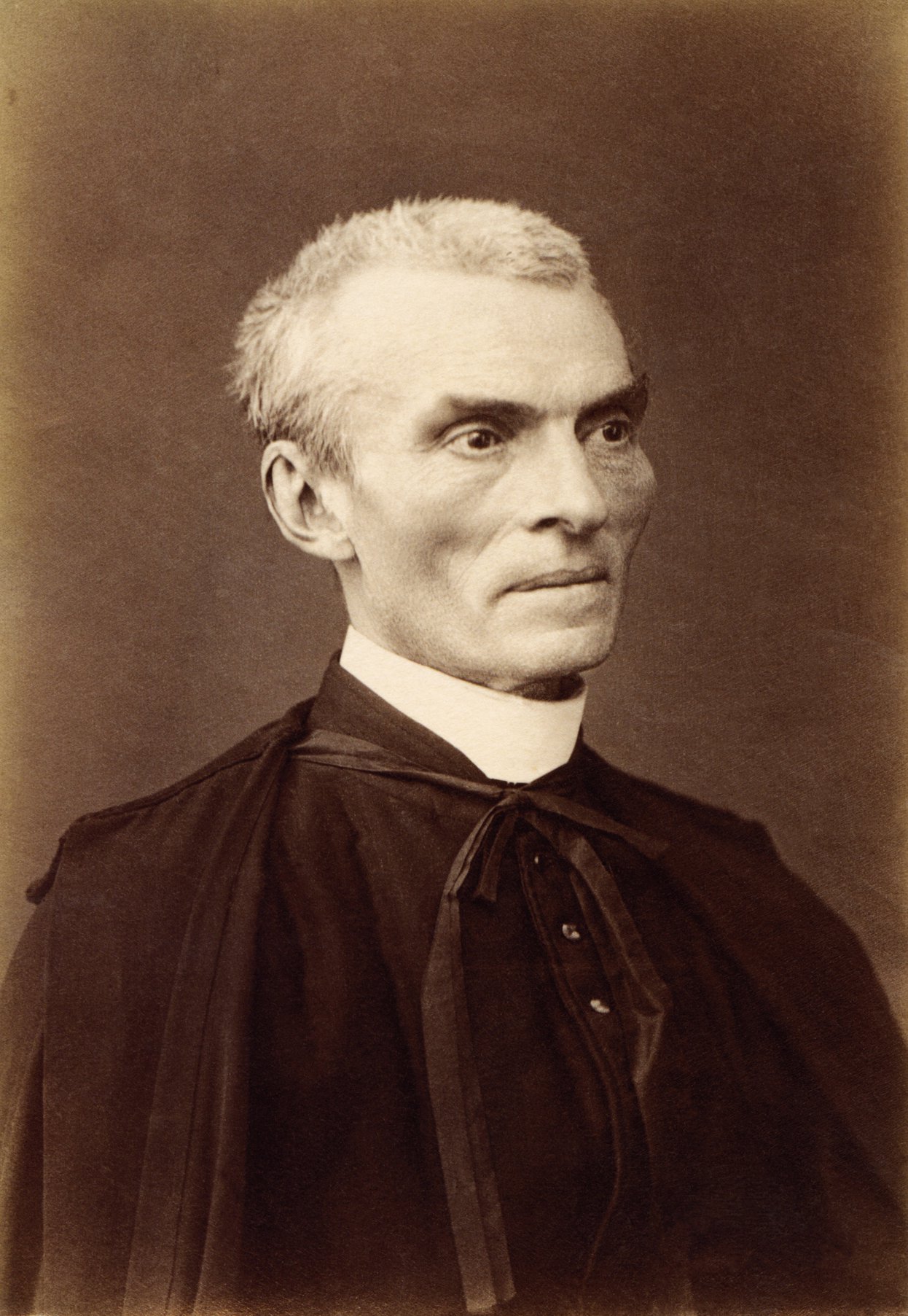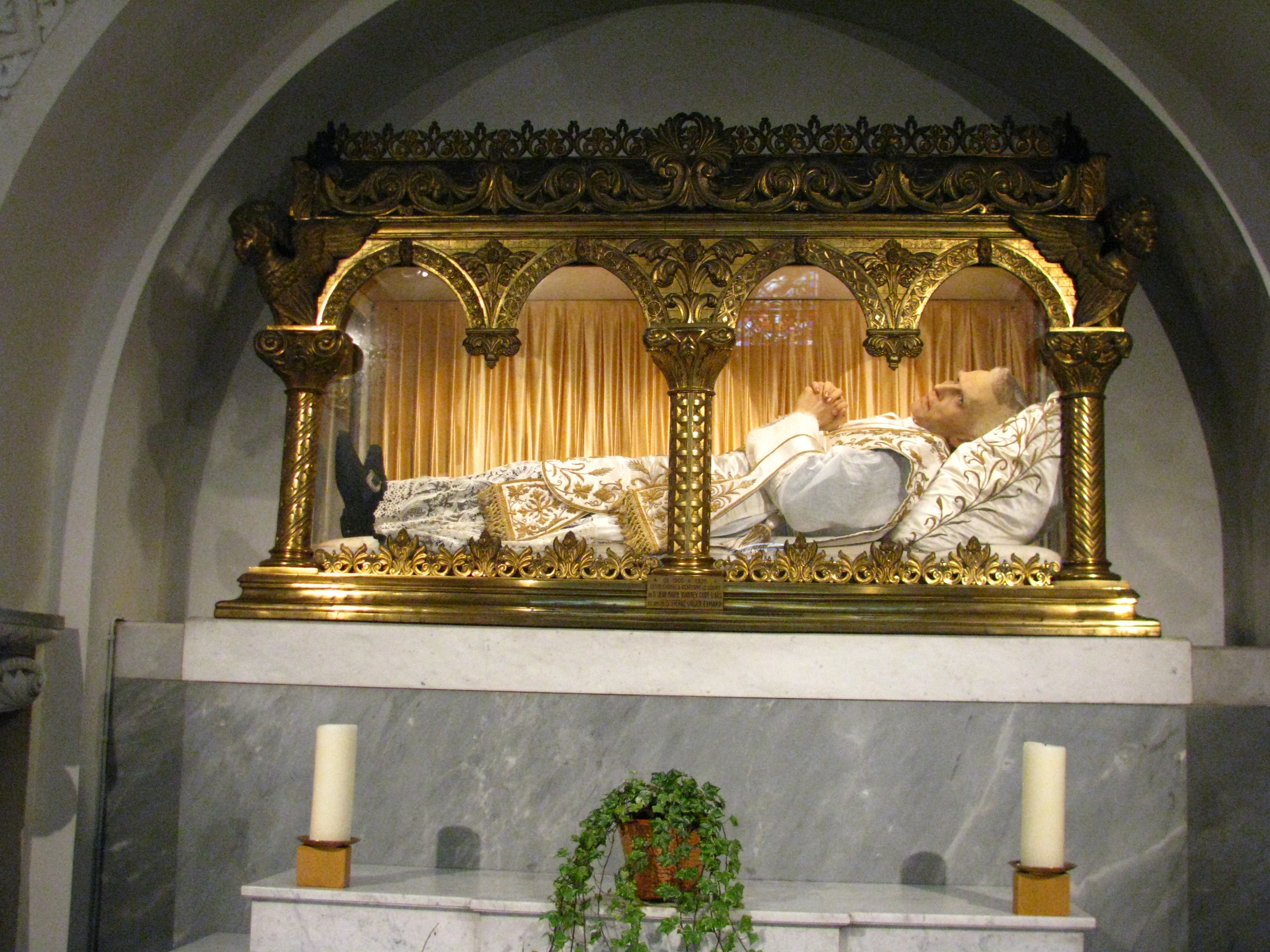I must confess, though fear not, TMI is not looming! 🙂 I must confess the Mystery of the Real Presence is one I wrestle, I struggle with. An engineer looks for engineering answers. Divine mysteries certainly do not lend themselves typically to engineering answers. Neither must one ever be naively lulled into thinking God will not be direct. He has, on occasion, been very direct in my life. 🙂
The best answer I have come up with, proof if you like, at least one I am satisfied with, is to spend a holy hour before the Blessed Sacrament in silence. Doesn’t matter, I believe, believer or non, young or old, male or female, saint or sinner, sit for one hour before the Blessed Sacrament, in silence, and then I will come to you, or lean towards you, quietly, and ask, “Now tell me it’s just a piece of bread.” That’s the best I’ve got. That’s it. That’s where I get my answer from. Believers would say not a bad place for an answer. If you come to the conclusion I believe you will, it certainly was the most well invested hour of your life? No? 🙂 Try it, if you dare. Be open to the possibility, I beg you. I implore you! 🙂
I also like:
“If it’s just a symbol, then the hell with it.”
-Flannery O’Connor
“God in his omnipotence could not give more, in His wisdom He knew not how to give more, in His riches He had not more to give, than the Eucharist.” – Saint Augustine
I’ve also attached the audio file of a talk by Fr. Mike Schmitz, pastor of University of Minnesota-Duluth, Newman Center. Enjoy!
(Historical note: it is also interesting to note, however permissive ancient Romans were, they drew a hard line at cannibalism; also, Jewish prohibitions against blood-drinking, etc. The Lord was blowing it up socially with every word. KABOOM!!! And, then of course, He concluded with “just kid…” No, He didn’t.)
—————————————————————————-
Today the Church marks the memorial of St. Peter Julian Eymard (1811-1868), whose name may not be familiar to you, but whose influence certainly is. If you have ever seen the work of the great French artist Auguste Rodin, such as his iconic sculptures “The Kiss” or “The Thinker”, then you have his friend St. Peter Eymard to thank for such work having been made at all. The relationship between Fr. Eymard and Rodin is further proof, if needed, that God can work through even the most hardened sinner, and why we must never give up on those who seem to be out of step with Christ.
French priest St. Peter Eymard founded the Congregation of the Blessed Sacrament in 1856, to help promote the 40 Hours devotion to the Holy Eucharist. In 1862 the young Auguste Rodin (1840-1917) joined the Congregation as a novice, following the death of his sister Maria – an event which hit him very hard. Rodin gave up his career as a budding artist to seek spiritual comfort and direction, and probably would have remained in some sort of limbo and anguish, searching for meaning in his life, had it not been for Eymard’s counsel.
Fr. Eymard embraced, and in fact openly encouraged the creation of painting, sculpture, and architecture to honor the Blessed Sacrament. “For the Eucharist, nothing is too beautiful,” he once wrote to a friend. Yet he was also an experienced enough religious to know when someone was not suited to the consecrated life. While the Congregation might have benefited from having its own Fra Angelico, as did the Dominicans in early Renaissance Florence, it became clear to Fr. Eymard that Auguste Rodin was not going to be that person.
Following the counsel of Fr. Eymard, Rodin eventually left the Congregation and re-entered secular life, around the time he completed a bust of his friend and spiritual advisor. Fr. Eymard himself did not care for its overly showy, wavy hair, but it eventually came to be recognized as an early masterwork by the young artist. As the reader is well-aware, Rodin subsequently went on to become probably the greatest sculptor of the later 19th and early 20th centuries. And Fr. Eymard himself was later canonized, interestingly enough, on the 100th anniversary of Maria Rodin’s death.
Like all of us, Peter Julian Eymard [pronounced A-mard] was conditioned by his cultural background as well as by the sociopolitical milieu of his time. Life in France during the first half of the nineteenth century forms the backdrop against which to view the gradual unfolding of Peter Julian’s life story.
Years earlier, the French Revolution of 1789 had radically altered the political, legal, social and religious structures of the country. As a teenager, the industrial revolution was changing the face of Europe. As a young man Eymard witnessed the dawning of the Age of Romanticism in art, music, and literature.Peter Julian Eymard’s road to the priesthood, as well as his life as a priest,was marked by the cross. In French society, there was a strong anticlericalism. In addition, the Eymard family was poor and Peter Julian’s father was reluctant to give his blessing to his son’s choice of career. His first attempt toattain priesthood ended because of serious illness. He tried again. OnJuly 20, 1834, at 23 years of age, Eymard was ordained a priest for the Diocese of Grenoble.
In Eymard’s day there was a religious movement called Jansenism. This movement focused on the gravity of human sinfulness and as consequence stressed our unworthiness in the presence of a transcendent and perfect Divinity. In his early years as a seminarian and priest, Fr. Eymard was influenced by this reparation spirituality and he would struggle his whole life long to seek that inner perfection that would enable him to offer to God the gift of his entire self. Perhaps it was the intensification of this growing spiritual struggle along with Fr. Eymard’s desire to accomplish great things for God that led him to enter religious life. On August 20, 1839, Fr. Eymard became a member of the Marist Congregation by professing the vows of poverty, chastity, and obedience.
His Eucharistic spirituality did not spring full grown from some mystical experience, but progressively. Eymard became familiar with the practice of sustained eucharistic worship during a visit to Paris in 1849, when he met with members of the Association of Nocturnal Adorers who had established exposition and perpetual adoration of the Blessed Sacrament at the Basilica of Our Lady of Victories.
After praying at the shrine of Our Lady of Fourviere on 21 January 1851, Eymard moved to establish a Marist community dedicated to Eucharistic adoration. However, his desire to establish a separate fraternity promoting adoration of the Blessed Sacrament was not seen as part of the charism of the Marists. His superiors disapproved, transferring him to the Marist College at La Seyne-sur-Mer. Eventually, Eymard resolved to leave the Society of Mary to begin his new religious congregation with the diocesan priest Raymond de Cuers.
On 13 May 1856, the Paris bishops consented to Eymard’s plans for a ‘Society of the Blessed Sacrament’. After many trials, Eymard and de Cuers established public exposition of the Blessed Sacrament in Paris on 6 January 1857 in a run-down building at 114 rue d’Enfer (which literally meant ‘street of hell’). With the encouragement of the Cure of Ars, St John Vianney, (Aug 4) the nucleus of two communities of men and women were started in March 1858 in Paris.
The Congregation of the Blessed Sacrament began working with children in Paris to prepare them to receive their First Communion. It also reached out to non-practicing Catholics, inviting them to repent and begin receiving Communion again. Father Eymard established a common rule for the members of the society and worked toward papal approval, obtained in 1858 from Pope Pius IX. Eymard was a tireless proponent of frequent Holy Communion, an idea given more authoritative backing by Pope Pius X in 1905.
There is hope for me!!!!! 🙂 St Peter Julian Eymard, SSS, pray for us!

-bust of St Julian Eymard, by his dear friend Rodin
“We believe in the love of God for us. To believe in love is everything. It is not enough to believe in the Truth. We must believe in Love and Love is our Lord in the Blessed Sacrament. That is the faith that makes our Lord loved. Ask for this pure and simple faith in the Eucharist. Men will teach you; but only Jesus will give you the grace to believe in Him. You have the Eucharist. What more do you want?” – Saint Peter Julian Eymard
“If the love of Jesus in the Most Blessed Sacrament does not win our hearts, Jesus is vanquished! Our ingratitude is greater than His Goodness our malice is more powerful than His Charity.” – Saint Peter Julian Eymard
“Every time we come into the presence of the Eucharist we may say: This precious Testament cost Jesus Christ His life. For the Eucharist is a testament, a legacy which becomes valid only at the death of the testator. Our Lord thereby shows us His boundless love, for He Himself said there is no greater proof of love than to lay down one’s life for one’s friends.” – Saint Peter Julian Eymard
“We have close to us as much as Joseph had at Nazareth; we have our Lord in the Blessed Sacrament, but our poor eyes fail to see Him. Let us once become interior souls and we shall immediately see. In no better way can we enter into the Heart of our Lord than through Saint Joseph. Jesus and Mary are eager to pay the debts which they owe him for his devoted care of them, and their greatest pleasure is to fulfill his least desire. Let him, then, lead you by hand into the interior sanctuary of Jesus Eucharistic.”
–St. Peter Julian Eymard
“The Holy Eucharist is the perfect expression of the love of Jesus Christ for man, since It is the quintessence of all the mysteries of His Life.” – Saint Peter Julian Eymard
“The Eucharist is the supreme proof of the love of Jesus. After this, there is nothing more but Heaven itself.” -St Peter Julian Emyard
“The true secret of love consists in this: we must forget self like St John the Baptist and exalt and glorify the Lord Jesus.”
—St Peter Julian Eymard
“In the Eucharist, Jesus exposes Himself without protection to the insults and outrages of the impious; and the number of His new executioners is very great.”
—St. Peter Julian Eymard from ‘Adoration: Eucharistic Texts and Prayers Throughout Church History’
“He loves, He hopes, He waits. If He came down on our altars on certain days only, some sinner, on being moved to repentance, might have to look for Him, and not finding Him, might have to wait. Our Lord prefers to wait Himself for the sinner for years rather than keep him waiting one instant.” – Saint Peter Julian Eymard
“How kind is our Sacramental Jesus! He welcomes you at any hour of the day or night. His Love never knows rest. He is always most gentle towards you. When you visit Him, He forgets your sins and speaks only of His joy, His tenderness, and His Love. By the reception He gives to you, one would think He has need of you to make Him happy.” – Saint Peter Julian Eymard
“Love cannot triumph unless it becomes the one passion of our life. Without such passion we may produce isolated acts of love; but our life is not really won over or consecrated to an ideal. Until we have a passionate love for our Lord in the Most Blessed Sacrament we shall accomplish nothing.”– St Peter Julian Eymard
“The Eucharist is the work of a measureless love that has at its service an infinite power, the omnipotence of God.” – St Peter Julian Eymard
“Only the Eucharist can give us sufficient strength to overcome these battles of the Christian life.” -St. Peter Julian Eymard
“He loved us personally … centuries before we were born.” -St. Peter Julian Eymard
“The more we desire to come close to God and live a virtuous life, the more we must expect combat; consequently, we will need more and more strength in order not to be vanquished. However, only the Eucharist can give us sufficient strength to overcome these battles of the Christian life. Prayer and piety soon languish without the Eucharist.”
-St. Peter Julian Eymard, Holy Communion
“Have a great love for Jesus in his divine Sacrament of Love; that is the divine oasis of the desert. It is the heavenly manna of the traveller. It is the Holy Ark. It is the life and Paradise of love on earth.” -St Peter Julian Eymard
“We must be pure. I do not speak merely of the purity of the senses. We must observe great purity in our will, in our intentions, in all our actions.”
-St. Peter Julian Eymard
“Hear Mass daily; it will prosper the whole day. All your duties will be performed the better for it, and your soul will be stronger to bear its daily cross. The Mass is the most holy act of religion; you can do nothing that can give greater glory to God or be more profitable for your soul than to hear Mass both frequently and devoutly. It is the favorite devotion of the saints.” -St Peter Julian Eymard
“Oh! How well the devil knows that by keeping souls away from the Eucharist he is destroying the Christian family and fostering selfishness in us. For there are only two loves: the love of God and the love of self. We must give ourselves to the one or to the other. How unhappy are they who no longer have the Eucharist! What darkness! What lawlessness of mind! What coldness of heart! Satan alone reigns as master and with him every evil passion! As for us, the Eucharist delivers us from all evils!” —St. Peter Julian Eymard
Gracious God of our ancestors,
you led Peter Julian Eymard,
like Jacob in times past,
on a journey of faith.
Under the guidance of your gentle Spirit,
Peter Julian discovered the gift of love in the Eucharist
which Your Son Jesus offered for the hungers of humanity.
Grant that we may celebrate this mystery worthily,
adore Him profoundly, and proclaim it prophetically for Your greater glory. Amen.
Love,
Matthew


